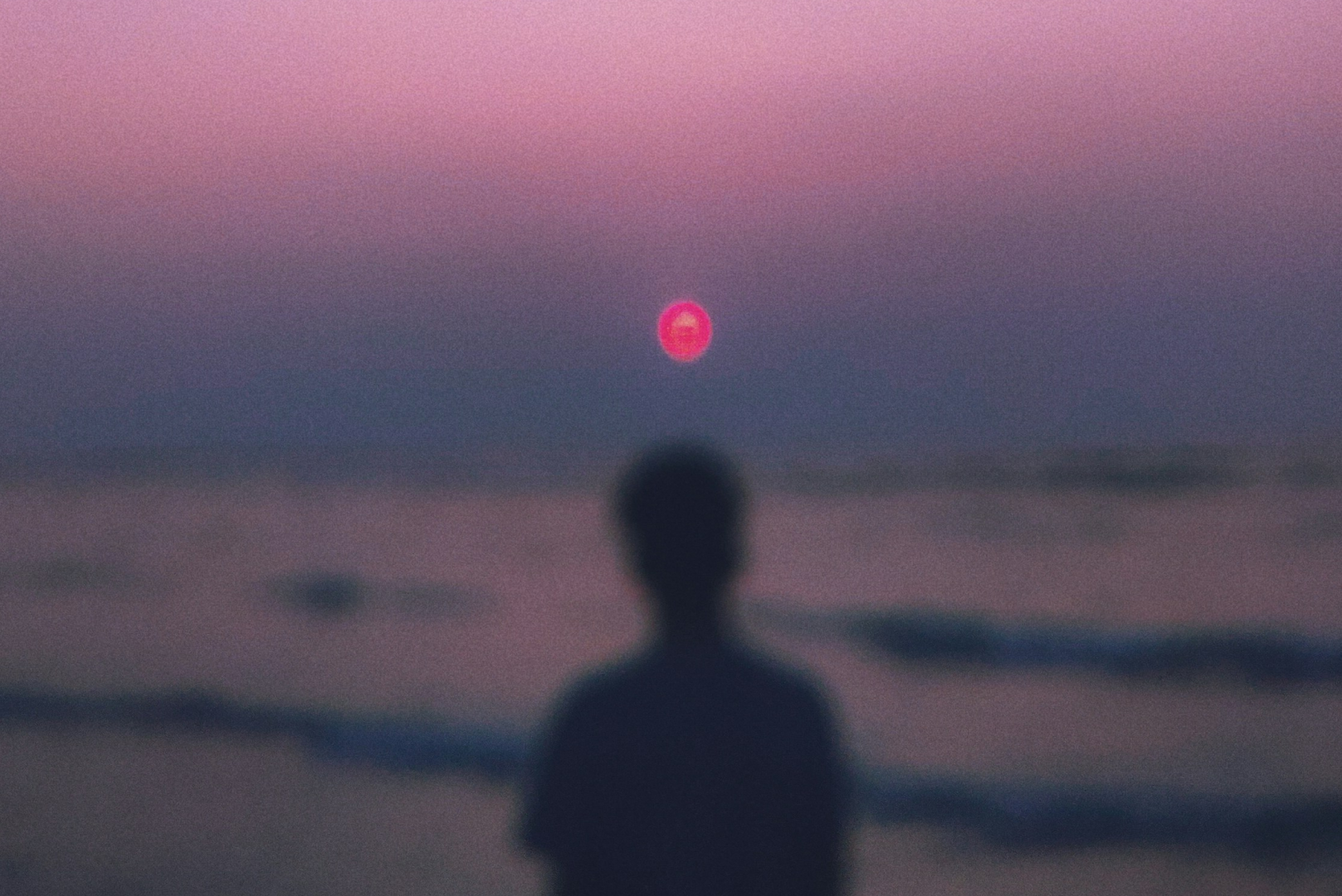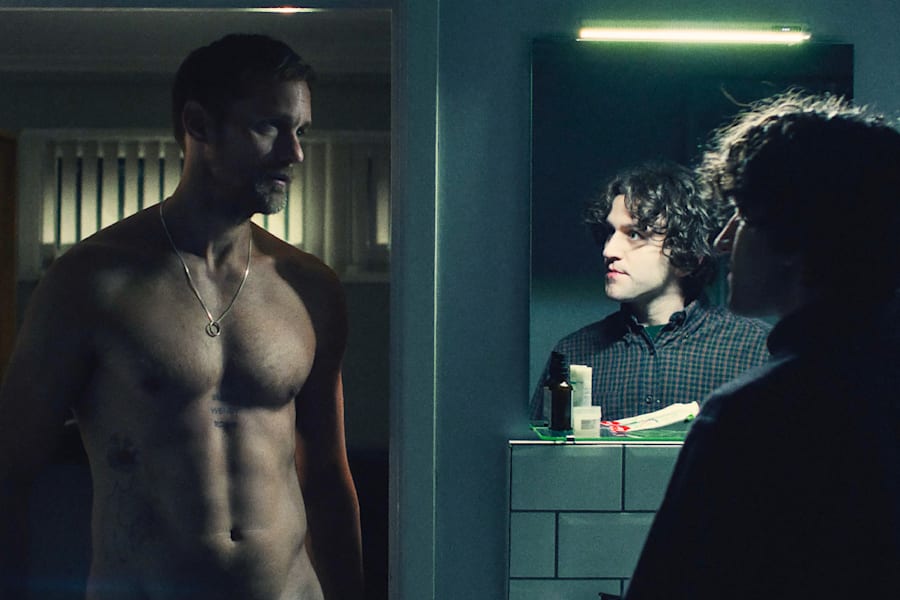Lingering with the zombies: are resurfaced connections all that bad?

On the post-ghosting dating trend that offers a spooky kind of sweetness
They always come back. That’s the balm my friends and I apply to our wounds each time someone exits our lives without permission. When they return, it’s the “I told you so” sense of inevitability that makes behavior so far out of our control—that is, the behavior of another person—feel reassuringly predictable. When they don’t, it’s the prophecy we promise will one day come true. After all, there’s no deadline for returning. In theory, anyone could always come back, forever and ever and ever.
As with so many modern “dating trends,” this thing that humans have been doing for millenia (probably) now has a name: zombieing. Far from being a Halloween-adjacent kink, or a Walking Dead-inspired ficto-fantasy, zombieing is what happens when someone ghosts you—meaning, they cease all communication with no explanation—and then reappears in your life, as if back from the dead.
Zombieing is one in a long line of dating behavior monikers, alongside breadcrumbing, benching, and its sister-sin ghosting—all of which are lauded as lessons in non-committal bad behavior. They largely refer to romantic or sexual connections, but can be reserved for friendships (and job applications, or prospective roommates) too. In the case of zombieing in particular, it’s held up as a prime example of when not to take someone back. They already disappeared once, and now they have the audacity to return? Thank you, next.
But hear me out: this type of one-strike-and-you’re-out policy feels so hardened, so clinical, so unforgiving. The lingering is sexy.
I love being haunted by contacts of old. If the theme of our 2025 search for connection is yearning, the theme of our maintenance of it is lingering. It’s Ben Affleck and Jennifer Lopez categorically refusing to let that shit go, and Charli XCX telling us to fall in love again and again. Toxic, yes, but enticing. A connection that never truly dies is profoundly romantic, hopeful. It’s the kind of saga that makes you feel like you’re in a movie or a long-running HBO show. Worlds and stubbornness cannot keep you apart; pride and principle cannot hold you down.
Often, it’s obviously not that deep, and people come back because they’re bored, or they’re opportunists, or they forgot what was undesirable about a situation and their subconscious believes it’ll be different now. Of course, ghosting someone you’ve been considerably involved with is generally pretty shameful. And sometimes, for the ghosted, it’s truly irredeemably painful—and that’s not to be ignored. But for the connections that cut a little lighter, there’s a sweetness to the trying again. Maybe our circumstances have changed now, maybe this time will be our time.
There’s something so unadventurous about our search for certainty, in both the future trajectory of a connection, and the perceived ending of it (that said, plenty of people find certainty fulfilling, and that’s totally valid). On the safety of the relationship escalator, there’s a desire to start at 0 and scale up to 100. What about the connections that come and go? The ones that ebb and flow, where you dance in and out of each others’ lives even if you go years without speaking in between. The principled among us would say, “no second chances.” Instead, it’s about looking at principles, steely-faced, and saying “I’m not done yet.” It’s a true openness to life, and an embracing of experiences.

Zombie.com
Like with everything else: it’s obviously the phones. We can so easily slide into DMs, like pictures, reply “How’ve you been?” When’s the last time you removed an Instagram follower? For me, never. I stay connected with everyone I’ve ever meaningfully met, and everyone I haven’t. It’s easy to find your way back to the window to someone’s life, and for them to find their way to yours. Because in an interconnected world, we’re all zombies, really.
It’s true: back in the day, you’d cut off a connection, a one-night stand, a relationship, a sour friendship—and likely never hear from them again. What became of them? Are they married now? You might have never known. But now, red-eyed from lack of sleep, clutching our devices against the pillow, that information is only five seconds, or clicks, away. Is it healthy? Dubious. But comforting? Kind of. I’m collecting dead connections like Pokémon. And I’d be lying if I said the sporadic Instagram likes and story replies weren’t welcomed. Hey, the dopamine addiction has got me too.
When it comes to having true agency, we’d be fools for thinking our choices were truly independent from our IP addresses and contacts lists. Do you know how many times abandoned dates—many of whom I have no mutuals with—have been suggested as social media connections? Big Tech is begging us to reach back out. Call them the ultimate matchmakers.
So maybe we are the walking dead without knowing it, with false serendipity and dopamine dependency pulling the strings to our brains. And who can blame us? We’re only human, and it’s nice to be thought of—the more time that’s passed, the higher the compliment.
Of course, clarity and honesty are virtues. So, if you zombie, offer a little explanation, and an apology. And if you have genuinely good intentions, don’t be dissuaded by a loyalty to rules that say you can never reach back out again. If you’re well-meaning, and it’s welcomed, then zombie and be zombied. And in the situations that it’s unwelcome, respect the boundaries in place.
Is anything ever really, truly, over? Even if you don’t zombie in practice, I’ll bet you do it in spirit, alone with your thoughts, or in conversations with friends. Reject certainty, embrace lingering; the undead might help you feel alive.
Curious about meeting people who embrace all forms of connection? Find what’s waiting for you on Feeld.


